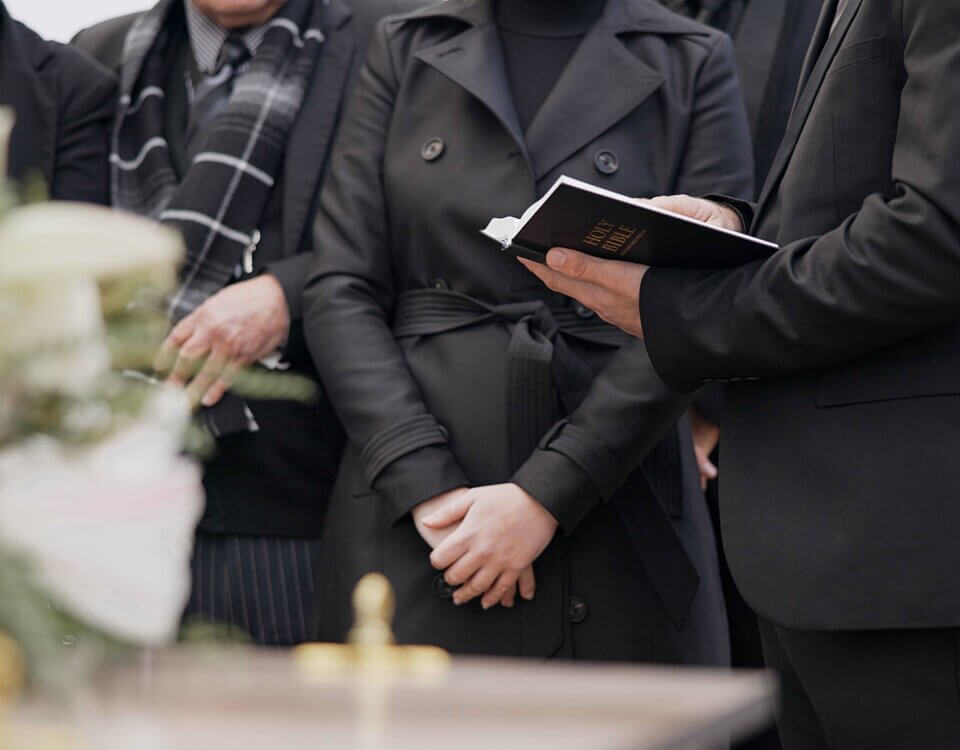Losing a loved one because of someone else’s negligence brings deep grief and many complex legal issues. One key step in pursuing a wrongful death claim is the deposition. It is often misunderstood yet central to building a case.
What a Deposition Is
A deposition is a formal legal procedure in which witnesses give sworn testimony outside of the courtroom. In wrongful death cases it serves to collect evidence and establish facts about how and why the incident happened.
Both sides’ attorneys ask questions under oath. A court reporter records everything so there is an official transcript, which can be used later in trial. The testimony during a deposition is legally binding, similar to what’s said in court.
Who Might Be Deposed
People who may be asked to give deposition testimony in wrongful death cases include family members who can describe the life, relationships, and earning potential of the deceased. Medical providers who treated the deceased may explain injuries, treatment, cause of death. Eyewitnesses to the incident are often deposed. Also expert witnesses, such as accident reconstruction specialists or economic experts, who can help clarify liability and damages.
How the Deposition Process Usually Works
Depositions typically occur in an attorney’s office or a conference room. The setting is more informal than a trial but the stakes are still high. Your lawyer will be present to protect your interests and object to improper questions.
You will be asked about what you know or remember, your relationship with the deceased, how the loss has affected your family, and sometimes what kind of future earnings or support the deceased would have provided. It is okay to ask for breaks. If a question is unclear you can ask for clarification. If you do not know the answer you may say you don’t know or don’t remember.
How to Prepare
- Meet with your attorney ahead of time to discuss likely questions
- Review important documents, such as medical records, financial documents, correspondence, and anything relevant to the circumstances of death
- Try to be clear, truthful, and avoid guessing
- Dress in a manner that shows respect—you do not need formal attire but being neat helps
Why Depositions Matter
Depositions help both sides assess strengths and weaknesses in the case. They often shape what may happen in settlement talks. If there are inconsistencies between testimony given at deposition and what is later given in court that can affect the outcome. Strong, clear testimony can improve your position both for negotiating with insurers and if the case proceeds to trial.
How Hillstone Law Can Help
Hillstone Law guides families through every step of the deposition process. We help you prepare, protect your rights during questioning, identify which witnesses to depose, ensure you understand what to expect, preserve evidence, and use the deposition transcript strategically in settlement negotiations or trial.
Note: These blog posts are created solely for the use of Hillstone Law. The information is gathered from internet research, publicly available sources, and artificial intelligence (AI) tools such as ChatGPT. While we aim to share helpful and educational content, Hillstone Law does not independently verify every detail. Some information may be incomplete, outdated, or subject to change without notice. If you believe any part of a post is inaccurate, misleading, or infringes upon copyright, please contact Hillstone Law immediately so we can review it and take appropriate action, including correction or removal.
Disclaimer: The material provided in these blogs is for general informational purposes only and should not be considered legal advice. Reading these posts does not create, and is not intended to create, an attorney-client relationship with Hillstone Law. Our intent is to share knowledge, raise awareness, and provide helpful resources to the public; however, Hillstone Law makes no warranties or guarantees about the accuracy, completeness, or reliability of the information provided, and expressly disclaims liability for any actions taken in reliance on it. The photos used in these posts are for illustrative purposes only and do not depict actual clients, individuals, or incidents unless expressly stated. If you or a loved one has been injured in an accident, please contact Hillstone Law at (855) 691-1691. Our attorneys are available to answer your legal questions and help you understand your rights.







